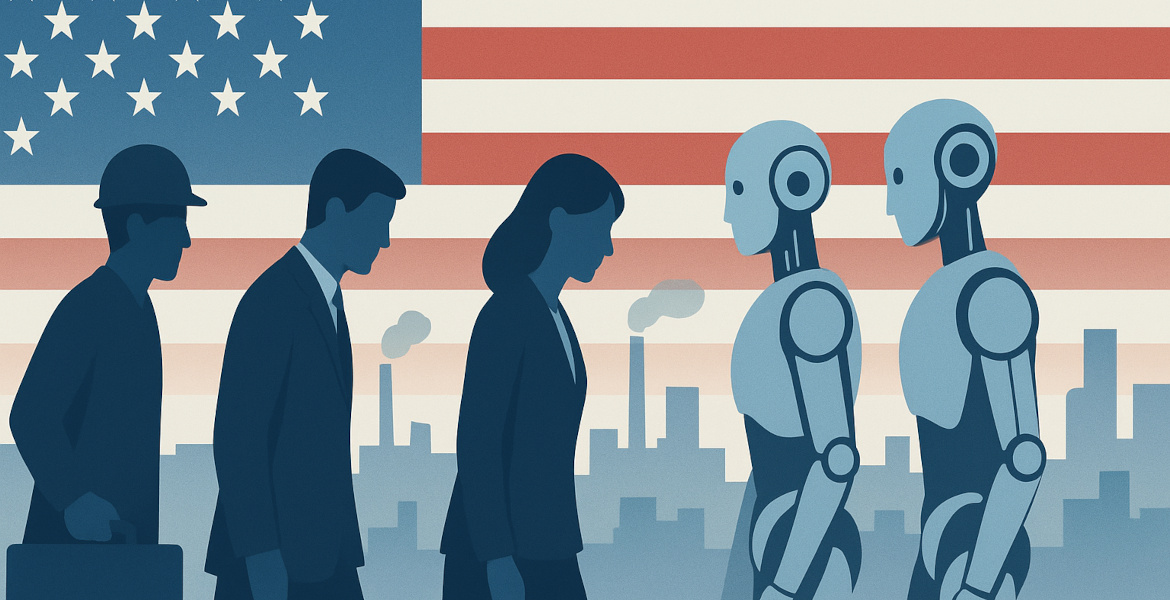In secret recordings, BlackRock recruiter Serge Varlay reveals to a journalist how the financial giant dominates the economy, the media landscape and politics.
Among other things, Varlay mentions buying politicians, profiting from the Ukrainian war and trying to work as much as possible under the radar because "they can do what they want more easily when people don't think about them".
– The Hedge funds, BlackRock, the banks, they rule the world, according to Serge.
BlackRock is by far one of the largest investment companies in the world, managing assets worth tens of billions of dollars. It has consistently been described as highly influential and operates worldwide with permanent offices in some 30 countries. According to Varlay, BlackRock manages as much as $20 trillion in assets around the world – more money than the gross domestic product of any country except the US or China.
– You can take this big f*** ton of money and buy people, I work for a company called BlackRock…It’s not who is the president it’s who is controlling the wallet of the president. You could buy your candidates. First, there is the senators these guys are fuckin cheap. Got 10 grand you can buy a senator I’ll give you 500k right now It doesn’t matter who wins they’re in my pocket, he explains to an O'Keefe Media Group journalist.
– The Hedge funds, BlackRock, the banks, they rule the world, Varley says.
BREAKING: @BlackRock Recruiter Who “Decides People’s Fate” Spills Info on Company’s World Impact
“It’s not who the president is- it’s who’s controlling the wallet of the president”
“You got $10K? You can buy a senator"
“War is real f***ing good for business” #BlackRockExposed pic.twitter.com/DZIy1DuZKF
— James O'Keefe (@JamesOKeefeIII) June 20, 2023
He also explains that war is a big money maker for BlackRock, and that the bloody conflict in Ukraine is very favorable for the company.
– We don't want the conflict to end as a country. The longer this goes on, the weaker Russia is.
– Ukraine is good for business, you know that right? Russia blows up Ukraine’s grain silos and the price of wheat is going to go mad up. The Ukrainian economy is the wheat market. The price of bread goes up, this is fantastic if you’re trading. Volatility creates opportunity for profit…
Varlay goes on to describe how, in his capacity as a gatekeeper at BlackRock, he "decide people's fates" and how he "literally decides how somebody's life is going to be shaped".
– The whole thing of like domination from a concept is just so fucking interesting.
BlackRock has so far chosen not to comment on its employee's statements. According to his public CV, Serge Varlay has previously worked for the hedge fund Citadel and the investment bank Morgan Stanley.



